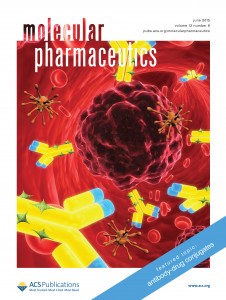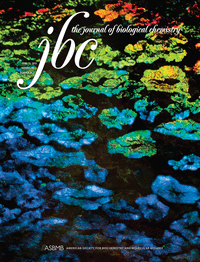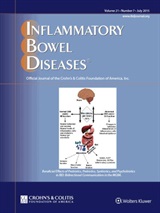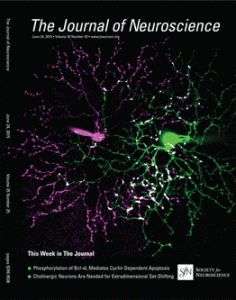 The authors of a pair of papers in Molecular Pharmaceutics are retracting them following an investigation at the University of Colorado Denver, which found a graduate student had faked data.
The authors of a pair of papers in Molecular Pharmaceutics are retracting them following an investigation at the University of Colorado Denver, which found a graduate student had faked data.
Rajendra Kadam was a prominent member of the Research lab of Uday B. Kompella, until the investigation revealed earlier this year that he had “falsified” data from a liquid chromatography-mass spectroscopy (LC-MS) machine for years.
So far, we’ve found four retractions (including the latest two) and one expression of concern for Kadam. There may be more on the way: Continue reading “Falsified” data shelve two more drug studies from discredited U Colorado student







